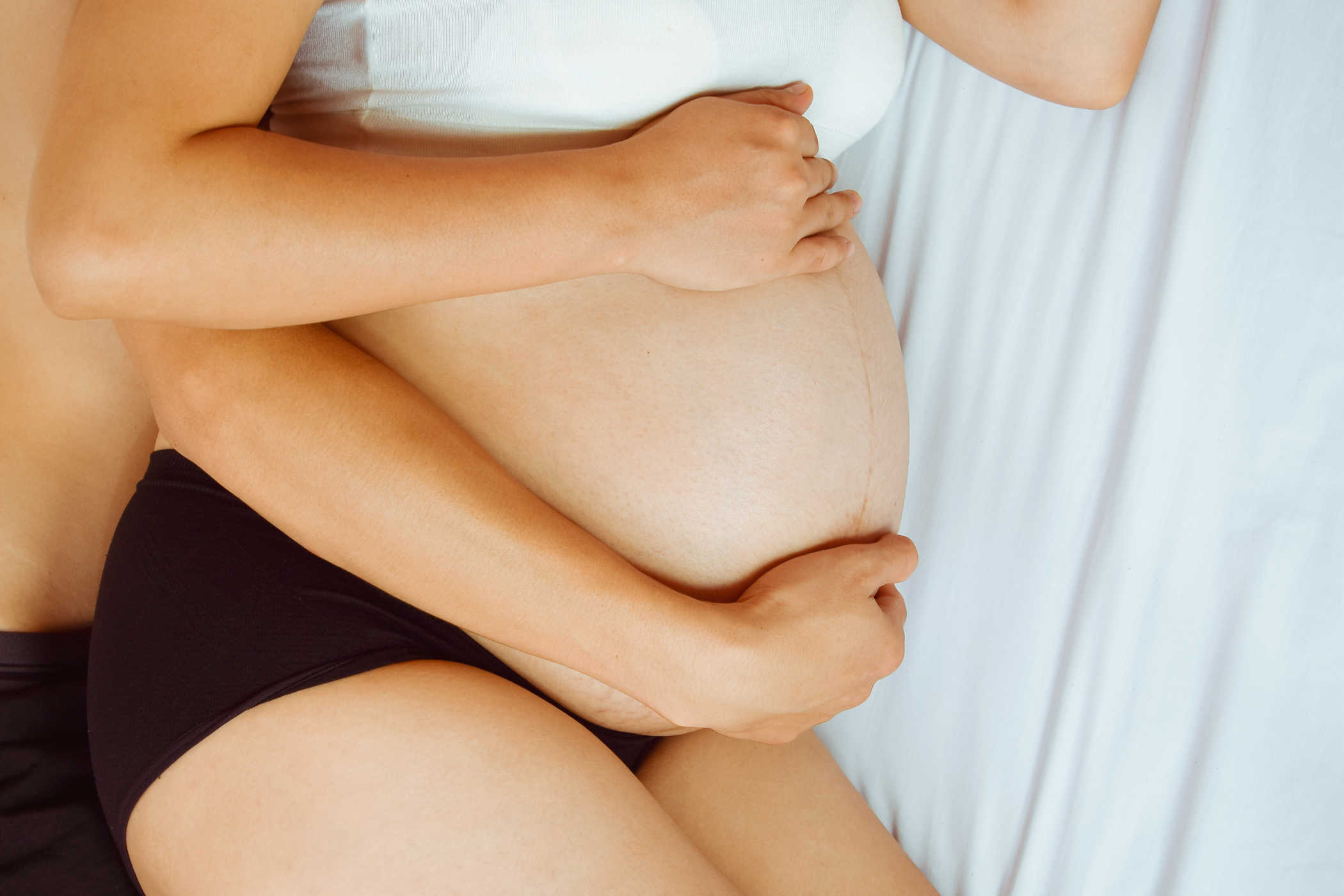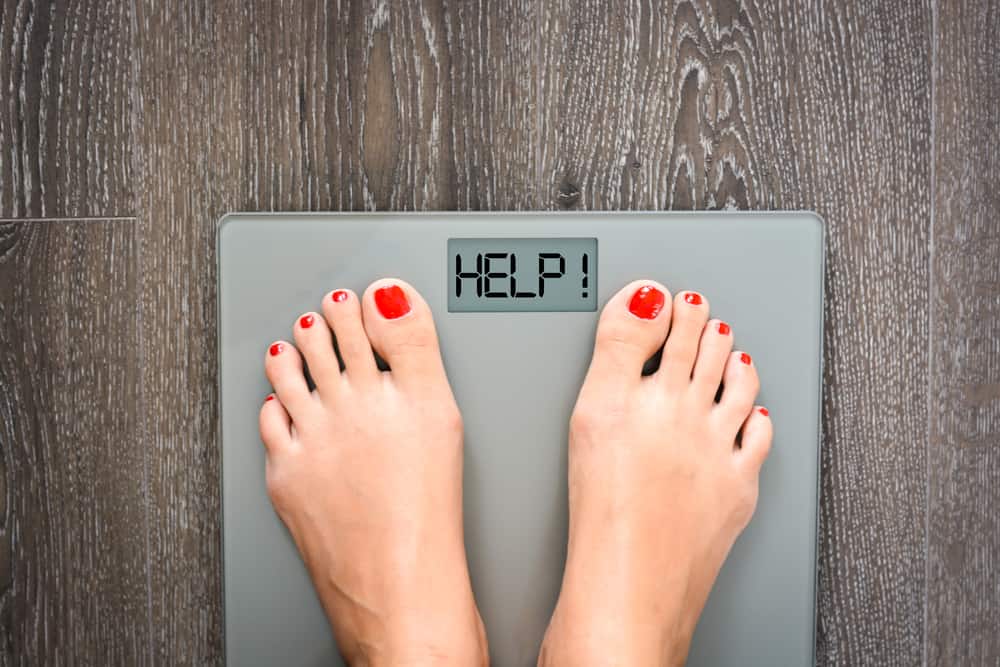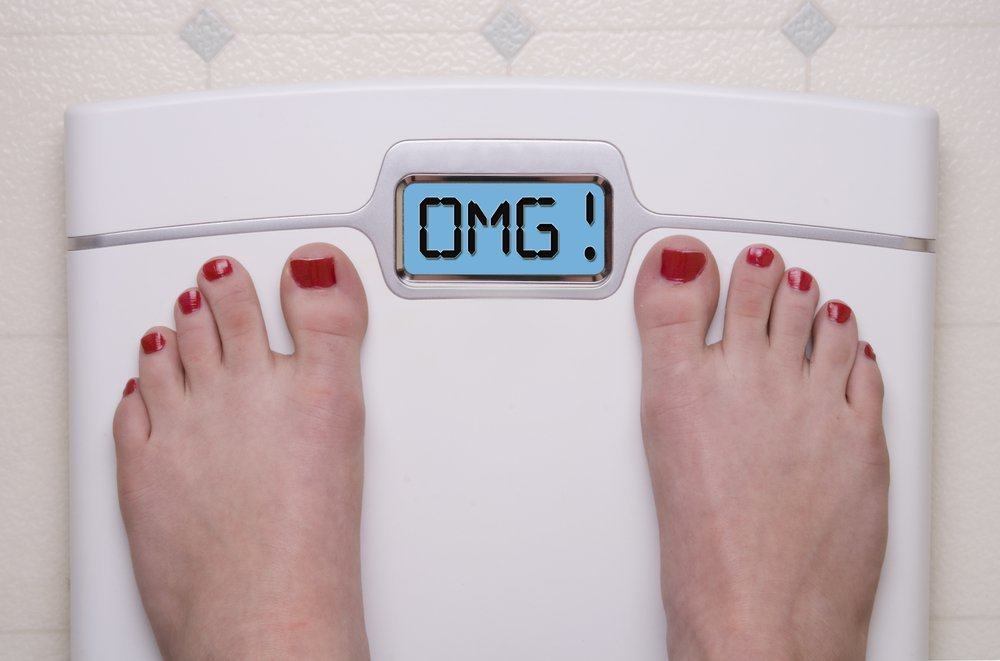Contents:
Medical Video: How varicose veins form
Definition
What is varicose surgery?
Varicose veins are veins (veins) that are enlarged and entangled in your feet. This condition is generally genetic and can get worse during pregnancy and if your activities / work require you to stand for a long time.
The blood vessels in your legs contain one-way valves to help blood flow back to the heart. If the valve does not work properly, blood will flow in the wrong pathway, causing varicose veins.
When do I need to undergo varicose surgery?
Surgery can help prevent symptoms and complications caused by varicose veins.
Prevention & warning
What must be known before undergoing varicose surgery?
Special socks can help to control symptoms but will not cause varicose veins. Other therapies can be used, such as through injection (foam sclerotherapy), radio-frequency ablation (RFA) or endovenous laser ablation (EVLA). Varicose veins can recur.
Process
What is the process of varicose surgery?
This procedure is performed under general anesthesia. The duration of the procedure is approximately 20 minutes - 3 hours. Your doctor will cut a thin vein from a large blood vessel in your leg through an incision in the groin of the thigh or behind your knee. In addition, the doctor may make many slices along the varicose area to lift it. The main varicose veins will generally be removed using special instruments.
What should I do after undergoing varicose vein surgery?
After the procedure, you will:
- back home on the same day, or the next day
- back to work in a few days, depending on the type of work you do
- if your surgical wound has healed, you can return to your normal activities when you feel comfortable
- regular exercise will help you recover quickly. Before starting, ask for advice from your doctor and medical officer who is handling you
Complications
What complications can occur?
Varicose veins are a safe procedure. However, there are several risks of minor complications that may occur. Consult your surgeon about the risks you might get.
Complications from a number of medical procedures generally include reactions to unexpected anesthesia, bleeding or blood clots (deep vein thrombosis DVT).
Other more specific complications, namely:
- a lump arises with a wound
- numbness or tingling sensation
- nerve damage
- recurrent varicose veins
- thread veins arise
- swelling of the legs
- injury to arteries, blood vessels or leg nerves
You can reduce the risk of complications with caution and always follow your doctor's rules regarding preparation for receiving endoscopy, such as fasting and stopping certain medications.
Hello Health Group does not provide medical advice, diagnosis or treatment.











